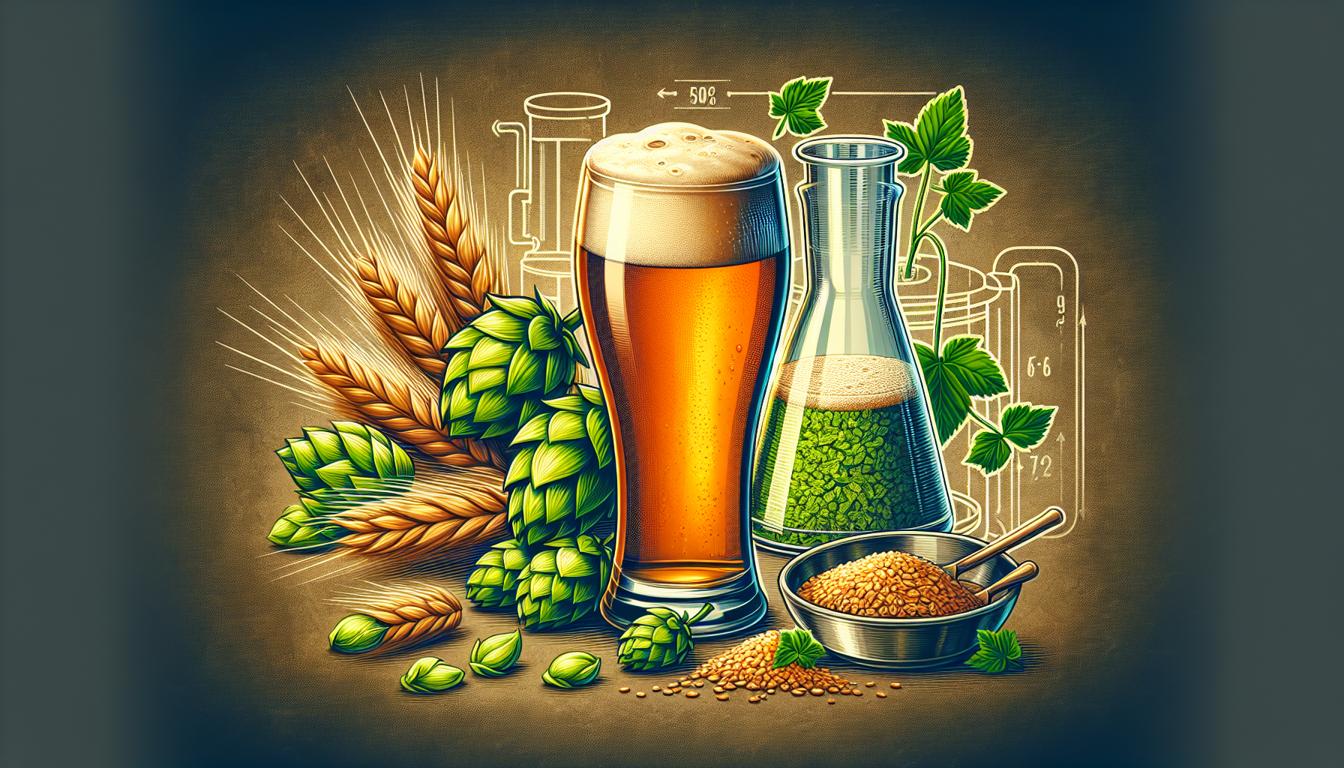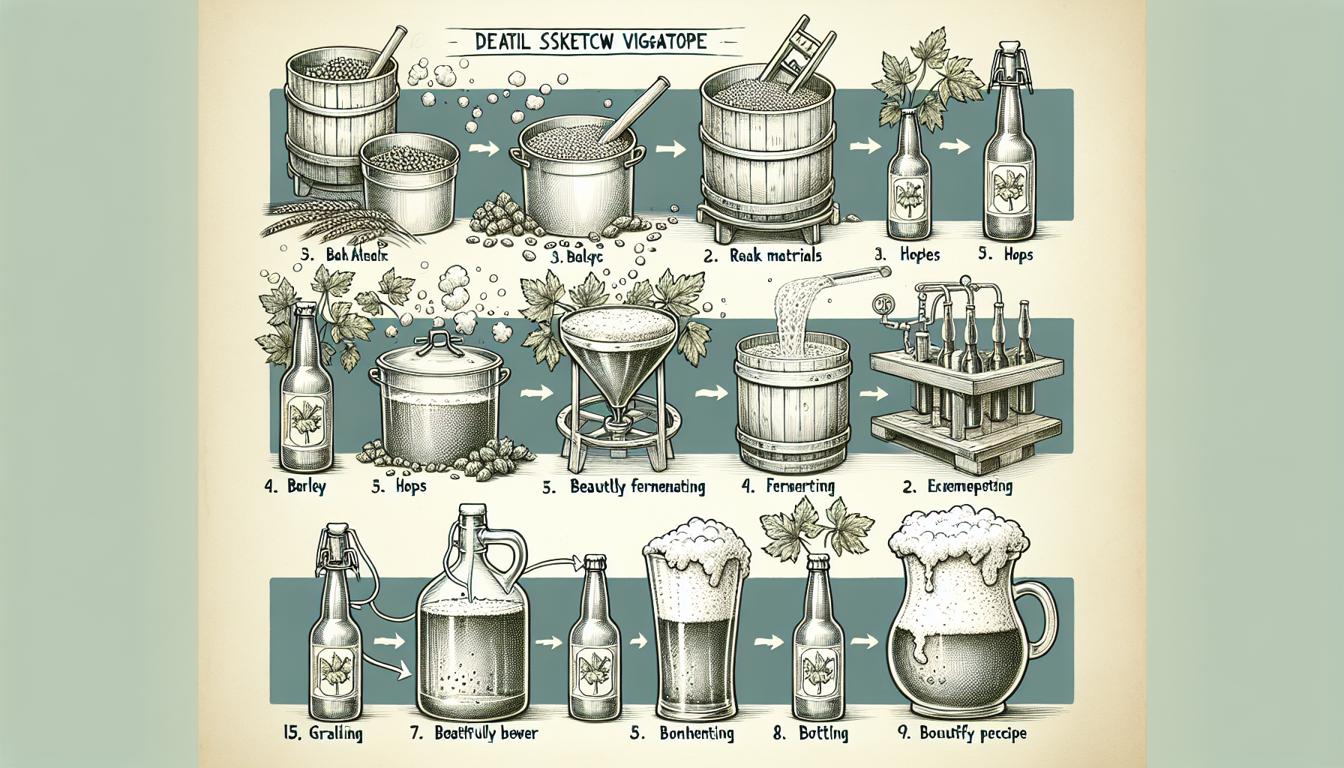Now let’s dive deeper into the world of applejack, explore its history, production process, and how the taste of this delicious spirit is influenced by different variables.
1. What is Applejack?
Applejack is a traditional American spirit made from the distillation of apple cider. It was one of the first distilled beverages in the United States, dating back to the colonial era. It has a rich history and has been a popular drink among American settlers since the 17th century. Applejack is often compared to apple brandy, but it has its unique characteristics that set it apart from its European counterpart.
2. Applejack vs. Apple Brandy
Applejack and apple brandy are both derived from apples, but their production process and taste profiles are different. Apple brandy is a more refined spirit, created through the distillation of fermented apple juice. It typically has a smooth and delicate apple flavor, with a higher alcohol content than applejack.
On the other hand, applejack is made by freezing apple cider and removing the ice, a process known as “jacking.” This leaves behind a concentrated liquid with a higher alcohol content and a more robust, rustic apple flavor. The flavors in applejack can be more intense due to the concentration of the apple cider during the jacking process.
3. The History of Applejack
Applejack has a long and storied history in America, dating back to the colonial era. The first settlers of the New World found an abundance of wild apples and quickly began making apple cider, which was safer to drink than water at the time. As the harsh winters approached, they discovered that by leaving the cider outside to freeze, they could separate the water from the alcohol, creating a concentrated and more potent beverage. This was the birth of applejack.
Over the centuries, applejack gained popularity across the country and became a staple spirit in many American households. It even played a role in the Revolutionary War, as it was used to pay soldiers and boost their morale during the harsh winter months.
4. The Apples Matter
The taste of applejack is heavily influenced by the types of apples used in its production. There are thousands of apple varieties, each with its unique flavor profile. Some apples have a sweet and mild taste, while others are more tart and tangy. The blend of apples used in making applejack can greatly affect the final taste of the spirit.
Many applejack producers use a combination of sweet and tart apples to create a balanced and flavorful spirit. For example, the popular American applejack brand, Laird’s, uses a blend of apples such as Winesap, Jonathan, and Stayman, which are known for their rich and complex flavors.
5. The Fermentation Process
The fermentation process also plays a crucial role in determining the taste of applejack. During fermentation, the natural sugars in the apples are converted into alcohol by yeast. The type of yeast used and the fermentation conditions can influence the flavor of the final product. Some yeasts can produce fruity esters and other compounds that contribute to the apple flavor of the spirit.
Additionally, the length of fermentation can affect the taste of applejack. A longer fermentation period allows for more complex flavors to develop, while a shorter fermentation time can result in a simpler, more straightforward apple taste.
6. The Distillation Process
As previously mentioned, applejack is made using the jacking process, which involves freezing the apple cider and removing the ice. This method of concentration allows more of the original apple flavors to be retained in the final product, compared to traditional distillation methods.
However, some modern applejack producers use a combination of jacking and distillation to create their spirits. This can result in a more refined and smoother applejack, with a taste profile that combines the rustic apple flavors of traditional applejack with the delicate notes of apple brandy.
7. Aging and Oak Influence
Many applejacks are aged in oak barrels, which can impart additional flavors and complexity to the spirit. The oak barrels can contribute notes of vanilla, caramel, and spice to the applejack, adding depth and richness to the apple flavor.
The length of time spent aging in oak barrels can also affect the taste of applejack. Longer aging periods allow for more interaction between the spirit and the wood, resulting in a more complex and mature flavor profile.
8. Serving and Enjoying Applejack
The way you serve and enjoy applejack can also influence your perception of its taste. Applejack can be enjoyed neat or on the rocks, allowing the apple flavors to take center stage. It can also be used as a base spirit in cocktails, where it can be mixed with other ingredients to create a wide range of delicious drinks.
If you want to fully appreciate the apple flavors in applejack, try sipping it slowly and allowing it to roll over your tongue, taking in the aroma and savoring the different taste notes.
9. The Importance of Personal Taste
Ultimately, whether you find that applejack tastes like apples will depend on your personal taste preferences. Some people may detect a strong apple flavor, while others might perceive the oak, vanilla, or spice notes more prominently.
If you’re curious about the taste of applejack, the best way to find out is to try it for yourself. Sample different brands and varieties, and see which ones appeal to your taste buds the most.
Conclusion
So, does applejack taste like apples? Yes, it does, but with a unique and complex flavor profile influenced by factors such as the apples used, the fermentation and distillation process, and aging in oak barrels. Here are ten quick facts about applejack:
1. Applejack is an American spirit made from the distillation of apple cider.
2. It is often compared to apple brandy, but has a more robust and rustic flavor.
3. Applejack has a rich history, dating back to the colonial era in America.
4. The types of apples used in production greatly affect the taste of applejack.
5. The fermentation process plays a crucial role in determining the spirit’s flavor.
6. Applejack is traditionally made using the jacking process of freezing and concentrating apple cider.
7. Some modern producers use a combination of jacking and distillation to create applejack.
8. Aging in oak barrels can add complexity and depth to the apple flavor.
9. Applejack can be enjoyed neat, on the rocks, or in cocktails.
10. The perception of applejack’s taste will ultimately depend on your personal taste preferences.
FAQs
Do Apple Jacks have apple flavor?
Although they are called Apple Jacks, the cereal does not actually contain real apple flavor. The cereal is flavored with a blend of cinnamon and other spices to give it a sweet and slightly fruity taste.
Why do Apple Jacks taste different?
Apple Jacks taste different because they are flavored with a blend of artificial apple and cinnamon flavors, which gives them a unique taste compared to other cereal brands.
Which one is the apple in Apple Jacks?
Apple Jacks is a cereal that is flavored with artificial apple flavoring, so there is no actual apple in the cereal.
Why are Apple Jacks only orange now?
Apple Jacks are only orange now because the original green color was removed from the recipe in 2005, and the artificial apple flavor is now enhanced with a blend of cinnamon and nutmeg, which gives the cereal its orange color.
Are orange and green Apple Jacks the same flavor?
No, orange and green Apple Jacks have different flavors. The orange ones are apple-cinnamon flavored while the green ones are apple-jacks flavored.
Is applejack a strong alcoholic drink?
Yes, applejack is a strong alcoholic drink with an average alcohol content of 30-40%.




